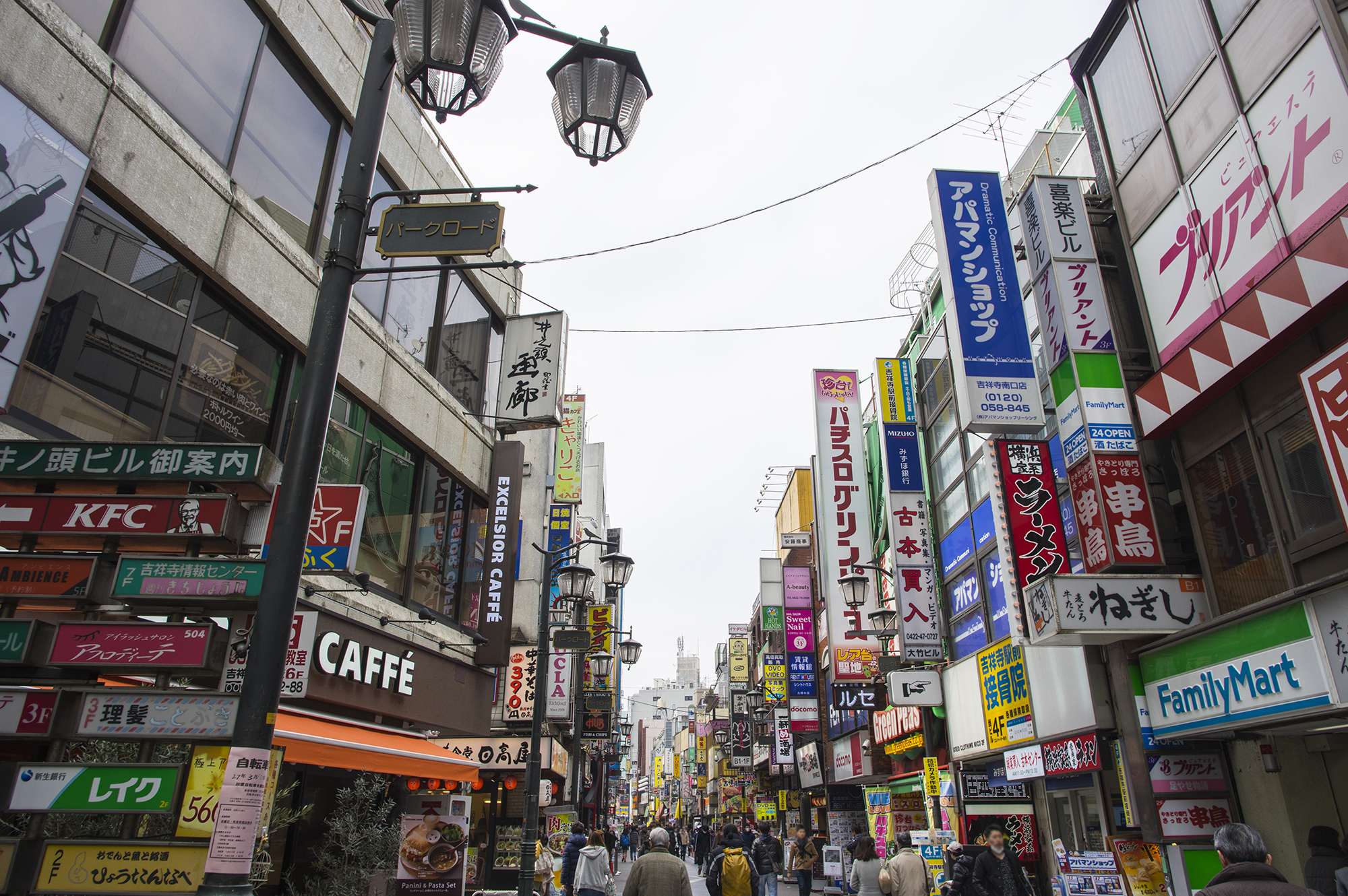- Features and Highlights
- History
- Best Time to Visit
- Access Information and Recommended Visiting Hours
- Surrounding Information
- Images
- FAQ (Clothing, Rules)
- References
Features and Highlights
Nichohji Temple is renowned for its stunning architecture and serene atmosphere. Visitors can explore beautiful gardens, intricate temple structures, and various cultural artifacts. The temple is especially famous for its large stone statue of the Kannon deity, which attracts many pilgrims and tourists alike.
History
Nichohji Temple has a rich history that dates back to the Edo period. It was founded by a monk who sought refuge in the tranquil hills of Kyonan. Over the years, the temple has developed into a significant spiritual center, playing a vital role in the local community and maintaining its traditions through various festivals and ceremonies.
Best Time to Visit
The best time to visit Nichohji Temple is during the spring and autumn months. In spring, cherry blossoms bloom across the temple grounds, providing a picturesque backdrop. Autumn brings stunning foliage colors, making it an ideal time for photography and peaceful walks around the temple area.
Access Information and Recommended Visiting Hours
Nichohji Temple is accessible via public transport from central Kyonan. Visitors can take a bus or taxi to reach the temple grounds. Recommended visiting hours are from 9 AM to 5 PM, with last entries at 4:30 PM. It’s advisable to check for any seasonal events or changes in timings before your visit.
Surrounding Information
The area surrounding Nichohji Temple offers several attractions, including hiking trails, local artisan shops, and scenic viewpoints overlooking the Pacific Ocean. Additionally, nearby accommodations range from traditional inns to modern hotels, catering to various preferences and budgets.
Images
Here are some images depicting the beauty of Nichohji Temple and its surroundings:
FAQ (Clothing, Rules)
When visiting Nichohji Temple, it is recommended to wear respectful attire, covering shoulders and knees. Visitors are expected to maintain silence and reverence while on the temple grounds. Photography is allowed in designated areas, but be mindful of not disrupting the spiritual ambiance.
References
For more information on Nichohji Temple and its events, check the following:
Nihonji Temple – Omairi
Nihonji Daibutsu – Wikipedia
Nihonji Temple Official Site
Nihonji Temple – Ikoyo Trip
Nihonji Temple – Boso Town
